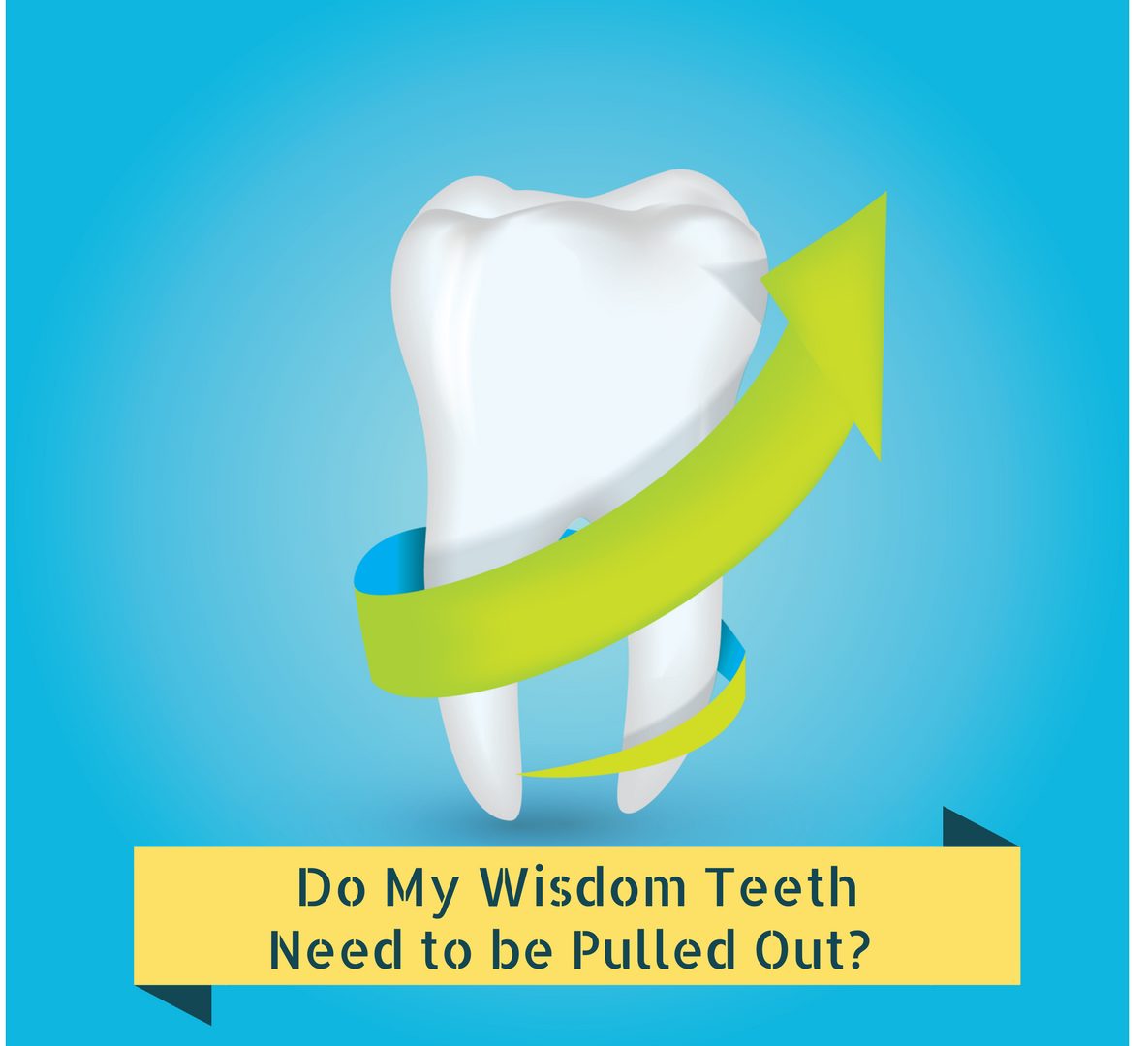
Wisdom teeth are considered to be the third and the last set of molars that grow mostly within the age group of 17 to 25 years. When properly aligned, these teeth can be deemed as a valuable oral asset but quite often they remain misaligned requiring removal. Misaligned wisdom teeth can position themselves in a horizontal manner or be angled inward or outwards away from the second set of molars.
Such poor alignment could cause damages in the adjacent teeth, nerves or jaw bone. Since the wisdom teeth lie encased in a soft tissue and jaw bone or break partially only through the gum, they could be impacted.
The partial breakthrough could result in the entering of bacteria around the tooth thereby causing an infection accompanied by pain, jaw stiffness, general illness and swelling.
Partial eruption of teeth holds a high risk for gum disease and tooth decay as their awkward positioning makes flossing and brushing quite difficult.
In order to know if you have wisdom teeth, a trip to the dentist might be necessary. He/she might take a few X- rays for evaluation and even ask you to see an oral surgeon for continued evaluation. Your oral surgeon or dentist may recommend to extract your wisdom teeth before the development of problems.
This is done in order to avoid more complicated or painful extractions in the near future.
Since the bone density is less and the roots of wisdom teeth is yet to be developed completely in young people, extraction is expected to be easier. However, the healing process and the recovery will take time in older people. If you do not have wisdom teeth, it should not be a cause for your worry as some people simply do not grow them.
The relative ease of teeth extraction depends on the position of wisdom teeth and the developmental stage. A fully erupted wisdom tooth can be extracted just as any other tooth. But a wisdom tooth lying beneath the gums embedded securely in the jaw bone requires an incision being made into the gums followed by the removal of a bone portion which covers the tooth.
During most cases in instances such as these, the tooth is extracted in minor portions rather than removing it in one whole piece to lessen the amount of bone needed to be removed in order to pull the tooth out.
Prior to the removal of your wisdom teeth, local or general anesthesia is injected to numb the extraction site. Stitches are made after the removal. In rare occasions, a numbness may be felt on the lips upon removing a lower tooth.
General painkillers like ibuprofen or paracetamol is prescribed for pain. It is better to remain relaxed and avoid drinking alcohol or smoking for the next 24 hours to prevent any bleeding problems. Your dentist may request you to visit after a week to check on the healing progress and to remove the stitches if necessary.
